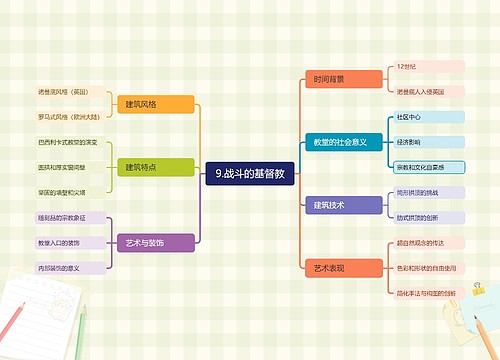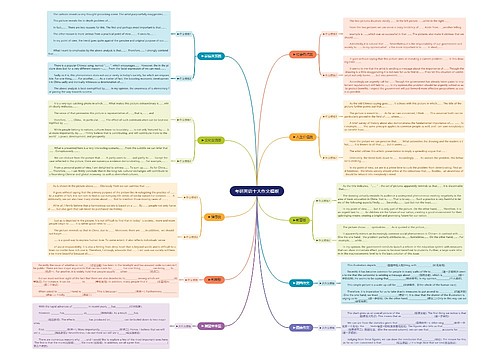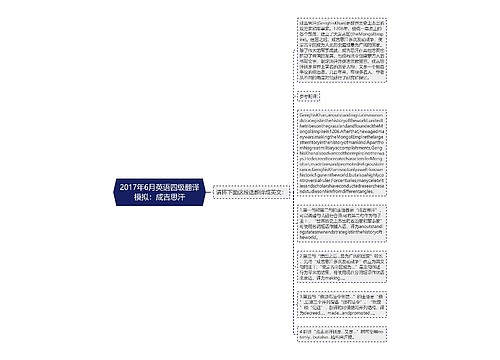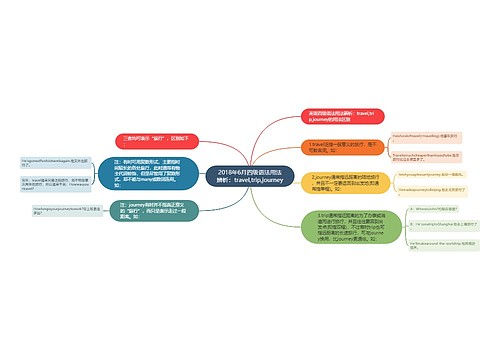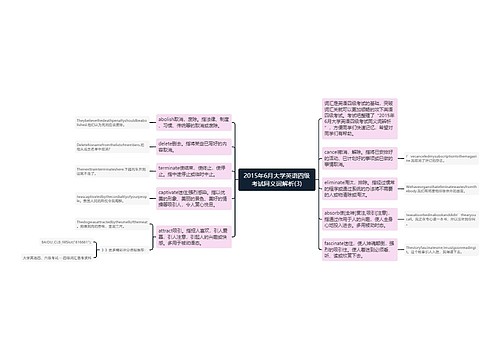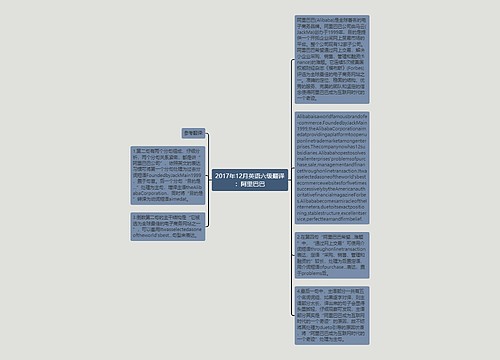HadIhadthemoneylastyear(=IfIhadhadthemoneylastyear),Iwouldhaveboughtthehouse.
Shouldtherebeanytroublewiththeboiler,theautomaticcontrollingunitwouldcutoffthefueloilsupply.
假如锅炉出问题的话,自控装置会自动切断燃油的供给。
3)通常情况下,在非真实条件句中主句和从句的谓语动词所指时间是一致的,但有时也可能指不同的时间,这时要根据上下文的意思采用不同的谓语动词形式。例如:
IfIwereyou,Iwouldhavetakenhisadvice.
我要是你,我就采纳了他的建议。(从句指现在,主句指过去)
Iftheweatherhadbeenmorefavorable,thecropwouldbegrowingstillbetter.
如果气候更适宜一些,庄稼会长得更好。(从句指过去,主句指现在)
1)有时假设的情况并不以条件从句形式表示出来,而是通过一个介词短语或其他方式表示。常用的词或短语有:without,butfor,butthat,otherwise,or,but等。例如:
Withoutyourhelp(=Ifwehadnothadyourhelp),wecouldnothavesucceeded.
Butforelectricity(=Iftherewerenoelectricity),therewouldbenomodernindustry.
Hewashavingameeting;otherwisehewouldhavecomeovertohelpus.
他当时正与他的学生进行讨论,否则的话他就来帮我们了。
Hefeltverytiredyesterday,orhewouldhaveattendedtheparty.
2)在某些暗含虚拟条件的简单句中,虚拟语气可通过上下文表现出来。谓语动词用should/wouldbe形式和should/wouldhavebeen虚拟形式。例如:
Anymeninhispositionwouldhavedonelikethat.
Youshould(oughtto)havecomeearlier.
1)在wouldrather,wouldsooner,wouldjustassoon,mightaswell和wouldprefer等后面所跟的从句中,也可以用虚拟语气,表示愿望,意为“宁愿、但愿”。其形式为:
①“wouldrather(wouldsooner…)+主语+谓语动词过去式”表示现在或将来的情况。
②“wouldrather(wouldsooner)+主语+动词过去完成式”表示过去的情况。例如:
I‘djustassoonyouhadbeenhereyesterday.
2)在句型“Itis(high/about)time…”后面也可以跟虚拟语气,从句中常用过去式。有时也用“(should)+动词原形”,意为“该是……的时候了”。例如:
Itistimethattheboy(should)gotoschool.
Itishightime(that)theweatherimproved.
3)在“ifonly”引起的感叹句中也要求用虚拟语气,表示愿望。
形式为:①用过去时或“would/could+动词原形”表示与现在或未来事实相反的愿望。
②过去完成时表示与过去事实相反的愿望。例如:
Ifonlyyouwouldlistentoouradvice.
IfonlyIhadnotbeenbusylastweek!
注:ifonly也可以用于虚拟条件句中。例如:
IfonlyIhadmoremoney,Icouldbuyacar.
4)连接词“incase,lest,forfearthat”可以用来引导虚拟语气。其形式通常为:“…lest(incase,forfearthat)+主语+should+动词原形”。Lest,forfearthat句中的should可以省去,incase句中的should通常不省去,但是incase句中可以不用虚拟语气,而用陈述语气。Lest,forfearthat后面也可以接其他形式。例如:
Hetookhiscoatwithhimincaseitshouldrain.
IwillnotmakeanoiseforfearthatI(should/might)disturbyou.
Caremustbetakeninusingthismethodlestoverflow(should)occur.
在使用这以方法的时候要谨慎小心,以免发生溢流现象。

 U633687664
U633687664
 U582679646
U582679646